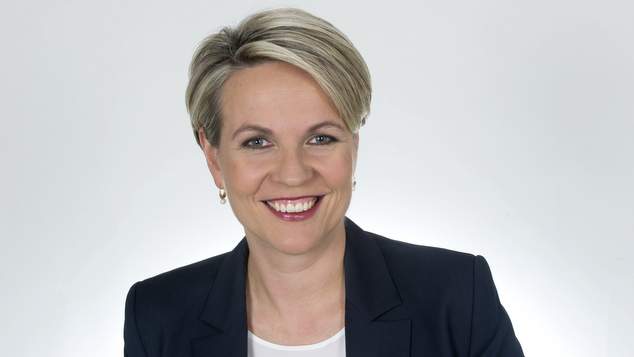The Australian government has launched a new campaign to help young people learn more about healthy relationships after data showed than more that a quarter of 14-20 year-olds struggle to recognise controlling behaviours.
Not only are young people not identifying coercive behaviours, most don’t feel confident to take action against them. The latest research revealed only 22 per cent of people surveyed felt completely confident to take action when they feel unsafe, uncomfortable or disrespected in a relationship.
Researchers found that more than a quarter of young people confuse controlling behaviours as signs of healthy boundaries. They discovered that 27% thought being told you cannot walk away from an argument was a healthy boundary, and 29% thought forcing physical touch out of love was also a healthy boundary.
A third of young people misidentified unhealthy relationship behaviours as healthy (for example, 31% identified ‘I have a right to know where my partner is most of the time’ as a healthy relationship behaviour, and 27% identified ‘it’s okay to be jealous because it means I care about my partner’ as a healthy relationship behaviour).
While 49 per cent of young men aged 14-17 who were surveyed said they were unsure, or don’t know what makes a relationship healthy. The survey involved 1,000 participants across Australia.
The findings are part of The Line campaign’s latest initiative Comfort Zone, funded by the Australian Department of Social Services. The initiative is designed to empower young Australians to recognise controlling behaviours and communicate healthy boundaries through an interactive game that helps them explore what feels right in relationships of all kinds — with friends, partners, family, and more.

Social Services Minister Tanya Plibersek said there was a great need for discussions about health relationships.
“We want our kids to grow up understanding what healthy relationships look like, and to be able to talk to each other about it.
“Young people are inundated with unhealthy and even dangerous information, especially online. We have to combat that, to change behaviours at the start before they lead to coercive or violent situations. It’s great to see people they trust using their voice and platforms to help shape this discussion and challenge concerning behaviours.
“To end domestic and family violence we need to invest in the frontline services that help people and keep them safe, but we also need to stop the behaviours that lead to it. That’s why the Albanese Labor Government is investing a record $4 billion in initiatives including prevention, early intervention, response, and recovery.” Plibersek said.
The government has also signed up some influential celebrities to endorse the campaign including Heartbreak High actors Bryn Chapman Parish and Sherry-Lee Watson, and TikTok stars Taz and Alessia.
I’d love for young people to gain an understanding of what boundaries are earlier in their life than I did. I went through my teens and most of my 20’s having completely porous boundaries, people pleasing over my own needs and priorities,” said Chapman Parish.
Sherry Lee Watson said everyone was on a learning journey when it came to the rules of relationships.
“Respecting other people’s boundaries is a learned behaviour and that if you make a mistake, you’re allowed to apologise and change the way you approach things. This will often lead to you growing into a well-rounded and respected person.” Watson said.
The initiative includes a new interactive TikTok filter that encourages users to reflect on boundaries in a fun, engaging and shareable way.
Our Watch CEO Patty Kinnersly said that most young people want to do the right thing, but they need the proper tools and support.
“Healthy relationships start with healthy boundaries. By helping young people know what’s OK and not OK, they can navigate relationships knowing where their ‘comfort zone’ is and what to do if something doesn’t feel right for them,” Kinnersly said.
Visit Comfort Zone for practical tips and advice on healthy boundaries and recognising controlling behaviours.
If you or someone you know is experiencing, or at risk of experiencing, domestic, family or sexual violence, call 1800RESPECT on 1800 737 732, chat online via www.1800RESPECT.org.au, or text 0458 737 732.





